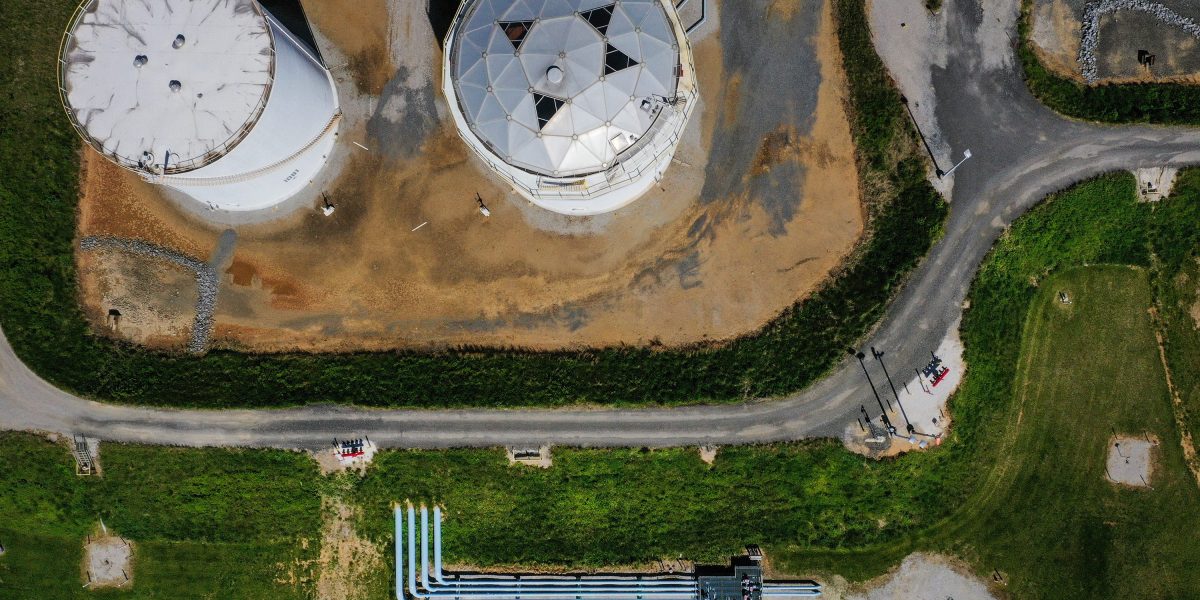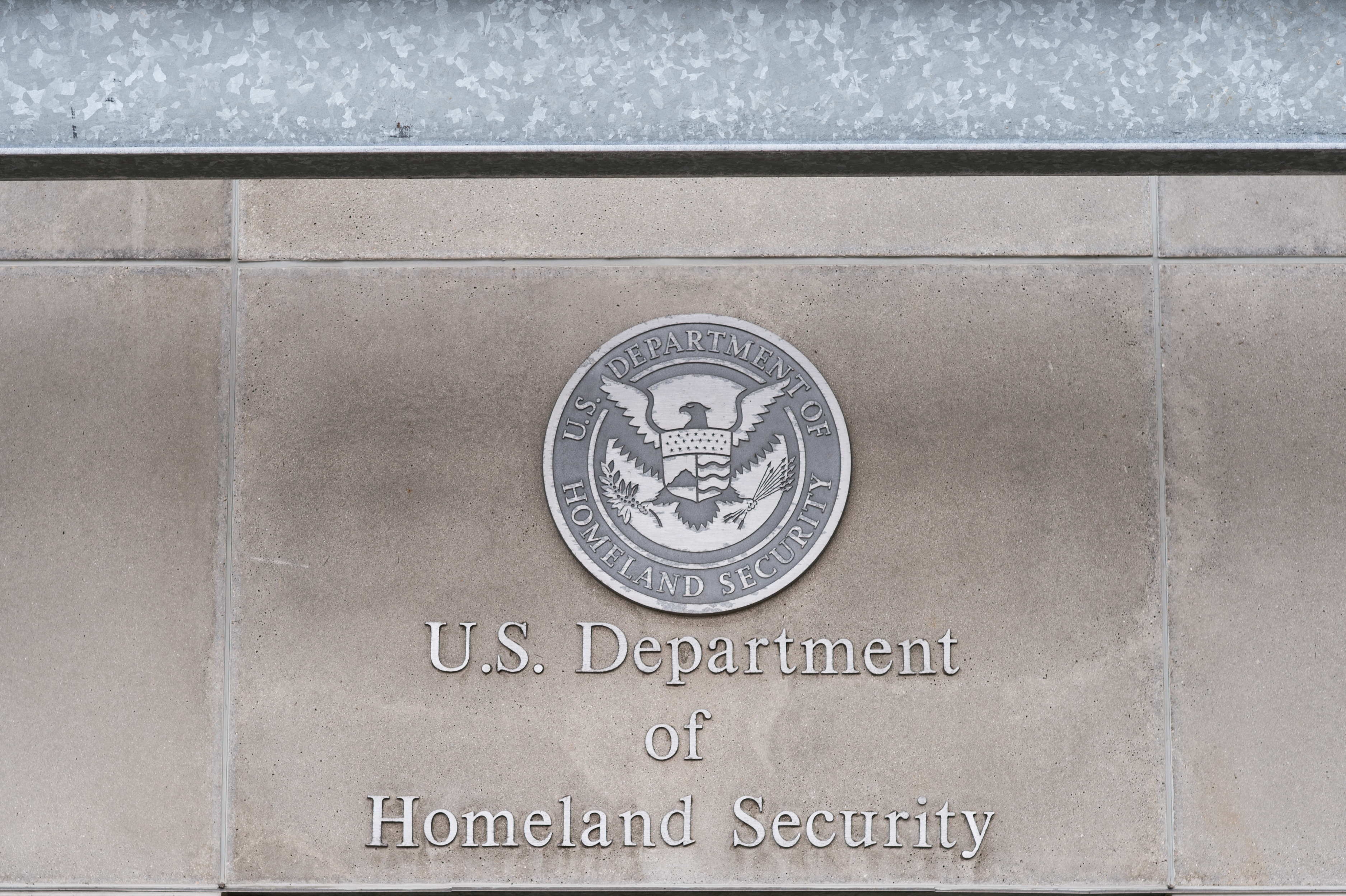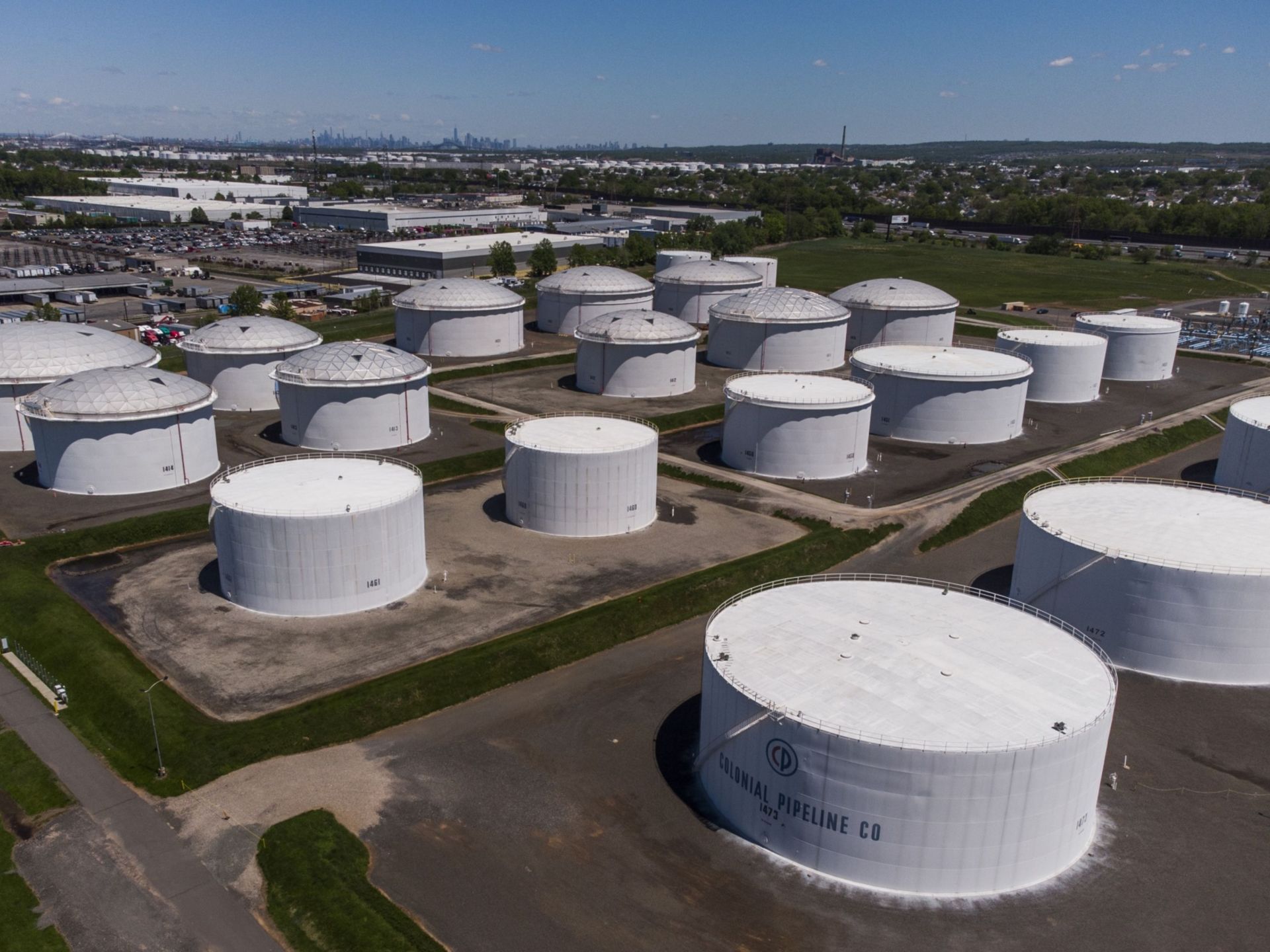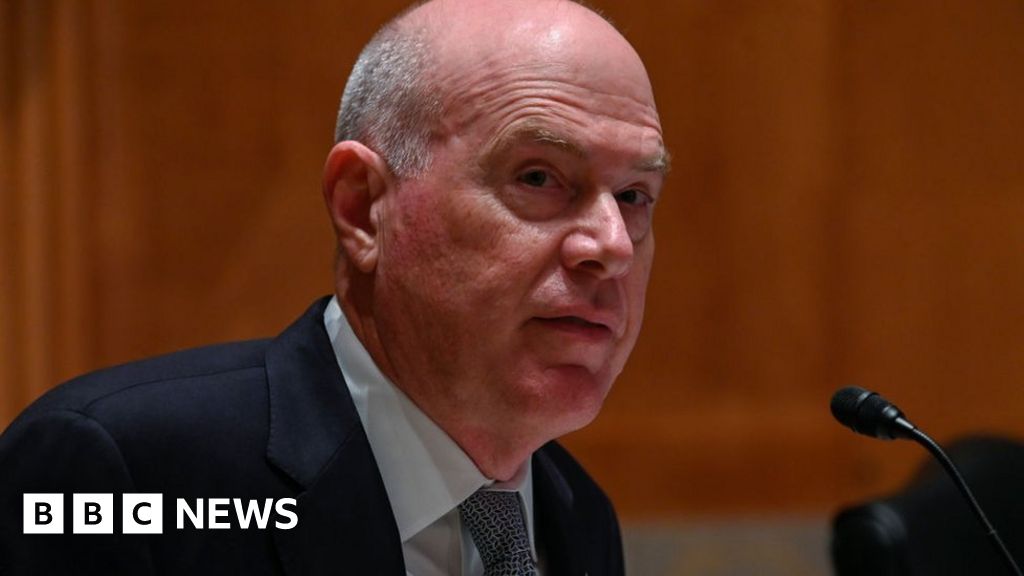- Jul 27, 2015
- 5,458
"I can't say I'm surprised, but it's certainly disappointing," says Brett Callow, a threat analyst at antivirus company Emsisoft. "Unfortunately, it'll help keep United States critical infrastructure providers in the crosshairs. If a sector proves to be profitable, they'll keep on hitting it."
In a briefing on Thursday, White House press secretary Jen Pskai emphasized in general that the US government encourages victims not to pay. Others in the administration struck a more measured note. "Colonial is a private company and we'll defer information regarding their decision on paying a ransom to them," said Anne Neuberger, deputy national security adviser for cyber and emerging technologies, in a press briefing on Monday. She added that ransomware victims "face a very difficult situation and they [often] have to just balance the cost-benefit when they have no choice with regards to paying a ransom."
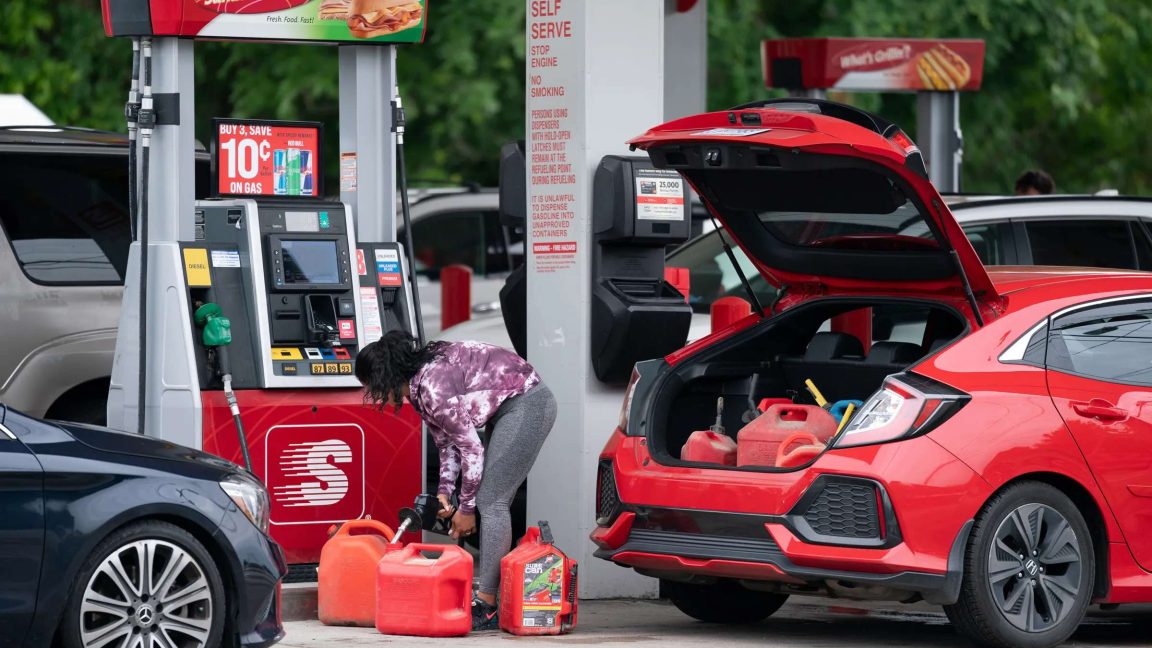
Colonial Pipeline paid a $5 million ransom—and kept a vicious cycle turning
Stopping payments would go a long way to stopping ransomware.
 arstechnica.com
arstechnica.com

